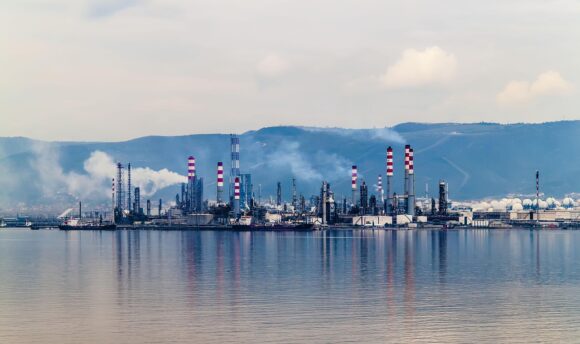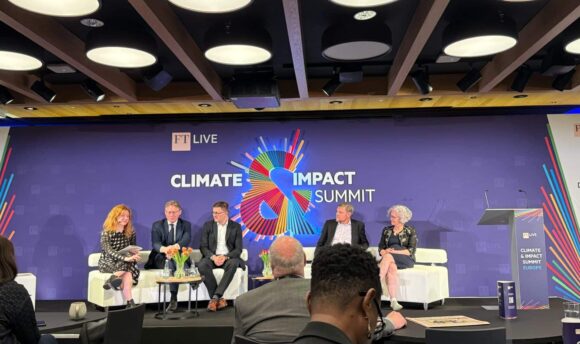Matching developers with insurers, insurance brokers play a critical (if often neglected) role in making coal projects happen. New mining or infrastructure projects are typically insured by syndicates of 15 or more participants. Their developers invariably rely on brokers to manage their risks and arrange the proper insurance coverage.
Only four corporations – Marsh, Aon, Willis Towers Watson and Arthur J. Gallagher – dominate the global broker market. If the companies at the heart of the global insurance industry stopped arranging coverage for projects that undermine the goals of the Paris Agreement, they could make a huge contribution to global climate policy.
Growing numbers of the world’s leading insurers and reinsurers, such as Allianz, AXA and Swiss Re, have now stopped or limited insurance for coal projects but no brokers have so far taken any responsibility for the carbon footprint of the business they facilitate. This is despite numerous rhetorical commitments to mitigating climate change and strengthening climate resilience.
Aon argued in a recent report that “a rapid shift away from fossil fuels in favor of renewable energy sources” is needed. “If society does fail to take action”, the broker warned, “the final outcome may be catastrophic.”
Marsh has posted a sustainability commitment on its website and calls itself “a leader in climate resilience solutions for corporations and governments”. Mercer and Oliver Wyman, two of Marsh’s sister companies owned by the Marsh & McLennan corporation, are advising businesses, investors and governments on how to prepare for climate change and accelerate the low-carbon transmission.
Willis Towers Watson in turn launched a Global Ecosystem Resilience Facility last year and signed on to the UN Principles for Responsible Investment.
Arthur J. Gallagher, based in the US, is the only broker not to have made any climate policy pledges beyond a bland commitment to comply with environmental laws and regulations. Quite the opposite, the company has invested in 34 facilities refining coal, a business which contributed a full quarter of its revenues in the first nine month of 2018.
The Insure Our Future campaign will pay more attention to the role of insurance brokers in the new year. The Adani Group’s proposed Carmichael coal mine project in Western Australia can serve as an early test case for putting the brokers’ sustainability commitments into practice. As we reported earlier the mine would produce up to 60 million tons of coal per year and emit up to 4.6 billion tons of CO2 over its lifetime. The project would also severely impact the Great Barrier Reef, through which its coal would be exported.
After more than 30 banks pledged not to fund the Carmichael Project, the Adani Group announced in late November 2018 that they planned to self-finance the mine, starting at a smaller scale than originally planned. The developer will still require insurance for the project to move forward however. In response to a letter from 73 environmental organizations, 10 insurers pledged not to insure the Carmichael Project, or have adopted policies which rule out such support.
At the start of the new year, the NGOs of the Stop Adani and Insure Our Future campaigns also took up their cause with the insurance brokers. In a letter they urged the CEOs of Marsh, Aon, Willis Towers Watson, Arthur J. Gallagher and the JLT Group, a specialty insurance broker with a strong role in fossil fuels, “to publicly rule out any insurance broker and risk management services that would enable the construction and operation of the Adani Carmichael coal mine and rail project”. The NGOs argued that the project would be so destructive that any involvement with it would be incompatible with the brokers’ public brands and their sustainability commitments.
Will the insurance brokers pass the test case of the Carmichael Project? The NGOs asked the five companies to respond to their letter by January 18. Watch this space for further developments.



